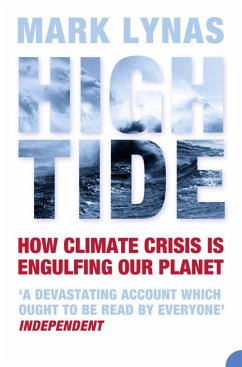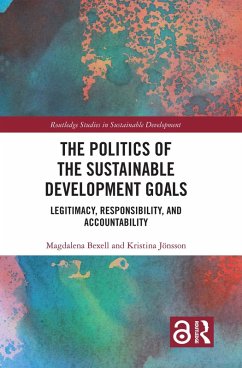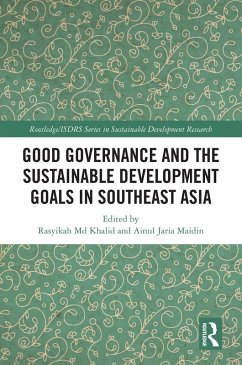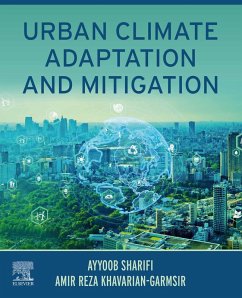
Kyoto Protocol (eBook, ePUB)
Enriched edition. Navigating Global Climate Governance: Understanding the Kyoto Protocol and International Efforts
Kommentar: Hammond, Alicia / Redaktion: Good Press

PAYBACK Punkte
0 °P sammeln!
The Kyoto Protocol represents a landmark international agreement aimed at addressing climate change through legally binding commitments by industrialized countries to reduce greenhouse gas emissions. Written in formal diplomatic language, the text reflects the complexity and urgency of negotiating environmental obligations among diverse nations. The Protocol is contextualized within the broader discourse of global environmental politics and the pressing need for cooperative action, showcasing not only the scientific consensus around climate change but also the ethical imperatives that underpin...
The Kyoto Protocol represents a landmark international agreement aimed at addressing climate change through legally binding commitments by industrialized countries to reduce greenhouse gas emissions. Written in formal diplomatic language, the text reflects the complexity and urgency of negotiating environmental obligations among diverse nations. The Protocol is contextualized within the broader discourse of global environmental politics and the pressing need for cooperative action, showcasing not only the scientific consensus around climate change but also the ethical imperatives that underpin environmental stewardship in an interconnected world. The United Nations has played a pivotal role in fostering international dialogue and cooperation on climate issues, building on decades of environmental advocacy and policy development. The genesis of the Kyoto Protocol can be traced back to earlier frameworks such as the UN Framework Convention on Climate Change, illustrating the UN's commitment to sustainable development. This document emerged from extensive negotiations, consolidating knowledge and expertise from various fields, reflecting the organization's mission to promote peace and collaboration among nations in facing shared global challenges. This Protocol is essential reading for scholars, policy makers, and citizens alike, illuminating the intricate landscape of international climate policy. By engaging with the text, readers not only gain an understanding of the mechanisms behind global climate agreements but also appreciate the need for collective action in combating climate change. The Kyoto Protocol serves as a crucial reference point in the ongoing discourse on environmental governance and a poignant reminder of our shared responsibility to protect the planet. In this enriched edition, we have carefully created added value for your reading experience: - A succinct Introduction situates the work's timeless appeal and themes. - The Synopsis outlines the central plot, highlighting key developments without spoiling critical twists. - A detailed Historical Context immerses you in the era's events and influences that shaped the writing. - An Author Biography reveals milestones in the author's life, illuminating the personal insights behind the text. - A thorough Analysis dissects symbols, motifs, and character arcs to unearth underlying meanings. - Reflection questions prompt you to engage personally with the work's messages, connecting them to modern life. - Hand-picked Memorable Quotes shine a spotlight on moments of literary brilliance. - Interactive footnotes clarify unusual references, historical allusions, and archaic phrases for an effortless, more informed read.
Dieser Download kann aus rechtlichen Gründen nur mit Rechnungsadresse in A, B, BG, CY, CZ, D, DK, EW, E, FIN, F, GR, H, IRL, I, LT, L, LR, M, NL, PL, P, R, S, SLO, SK ausgeliefert werden.













